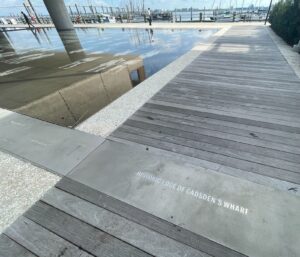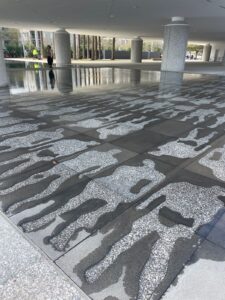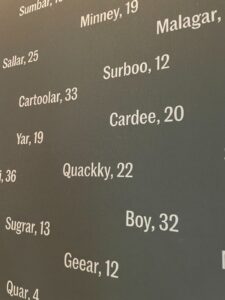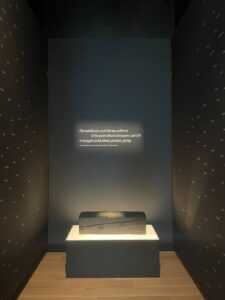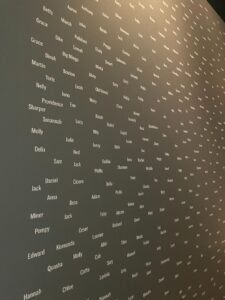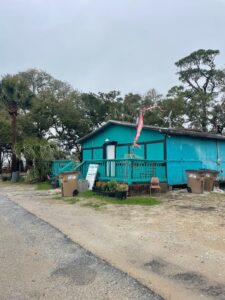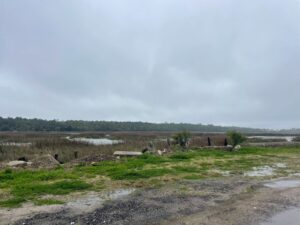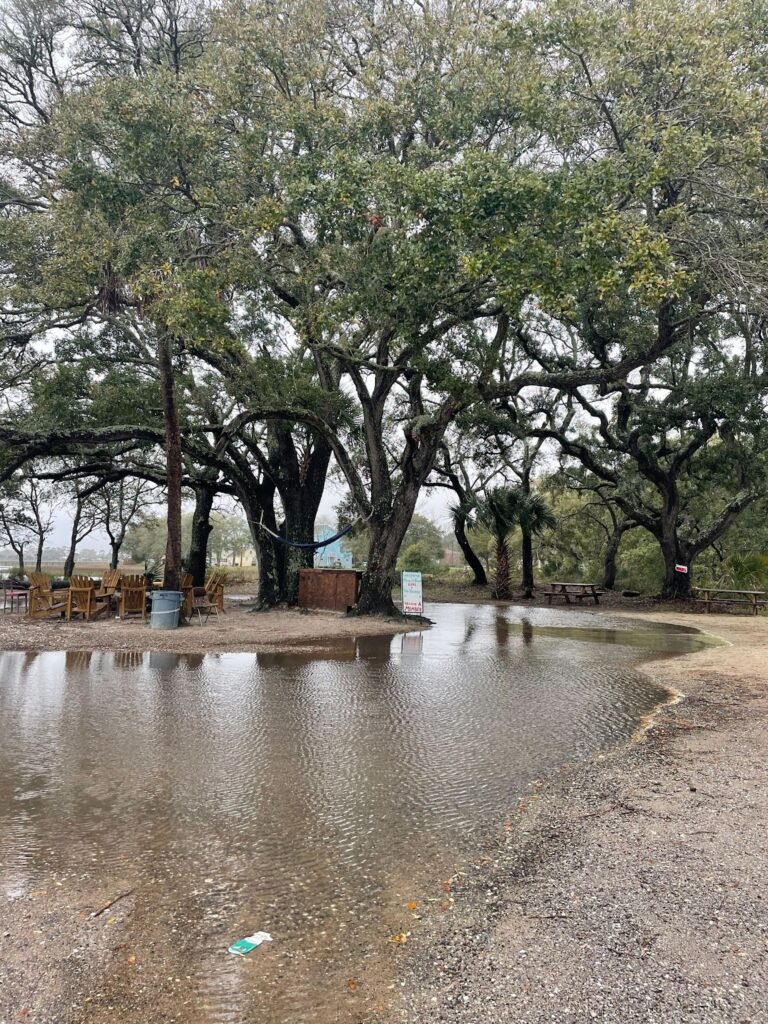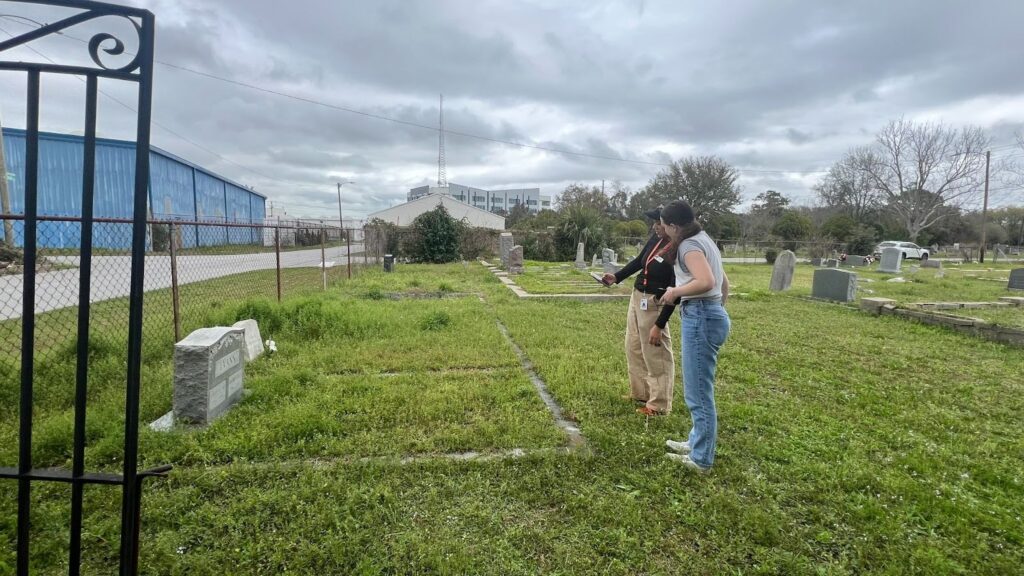Aside from my very first semester at Holy Cross, CBL has been a part of what makes Holy Cross and Worcester feel like home. My first introduction to CBL was through a CBL project in my Montserrat class, “Worcester Stories,” alongside Pernet Family Health Services. As part of our partnership with Pernet, we explored historic landmarks, town green spaces, and even restaurants around the city, which taught me that Worcester has so much to offer. Including my Montserrat, I have worked with a total of 4 community partners: Pernet Family Health Services, Central Mass Deaf Senior Citizens Center, DeafYES, and my current CBL with Girls Inc. As I’m rounding out my 4th semester with CBL, I’ve noticed one similarity between every site I’ve partnered with and the one component of CBL that keeps me coming back for more.
Every community partner has their differences, and I’ve loved my time with every one of them. But during countless mid-semester reflections and conversations with other CBL participants, my answer to “What is your favorite part of CBL?” has never changed. The people are my favorite part of CBL. The greetings I receive when I walk in the door, the smiles and laughs we share, the stories we exchange, and the hugs goodbye. Undoubtedly, the people are the heart of CBL, and all of my favorite memories at CBL have stemmed from the connections I’ve made with others.
During my time with the Deaf Senior Citizens of Worcester, I would go in weekly to play bingo and chat with the senior citizens to build my ASL skills. I would help run the online bingo software every week, but I often made mistakes and clicked the wrong spot, confusing the bingo players. After a few weeks of feeling bad about messing up their bingo game, the senior citizens began to joke around with me (in the sweetest and most endearing way possible), saying I was a “technological dinosaur” and I “must be older than them if I couldn’t work the computer.” We all shared a laugh about it, and they continued that inside joke for the remainder of the semester. It may seem silly and mundane, but this was such a core memory for me, and after this moment, I felt incredibly connected and accepted at my CBL site. When I arrive at CBL, I know that without a doubt, no matter what is going on in my life, one of the senior citizens can brighten up my day with a good laugh and a smile.
Similarly, this semester, the girls at Girls Inc. always ensure I never leave without a smile. My favorite memory so far was last week during recess. One of the girls grabbed a football and asked me to play catch with her. As someone who is not super sporty myself, I was pretty much failing at throwing the football, but she jumped and swerved to catch every ball, effortlessly throwing it back. After a while, she came over and showed me the proper technique and hand position so I could get it to spin and go far. This interaction with her helped me connect with her over something she loved and exemplified a reciprocal relationship between me and my community partner. I was able to provide her with a catch partner, and she taught me how to throw a football. Every time I throw a football, I will now remember fondly Girls Inc. and how I learned how to throw a football from a second-grader. And looking back in years to come, I will remember the people I met and the connections I made through CBL.


